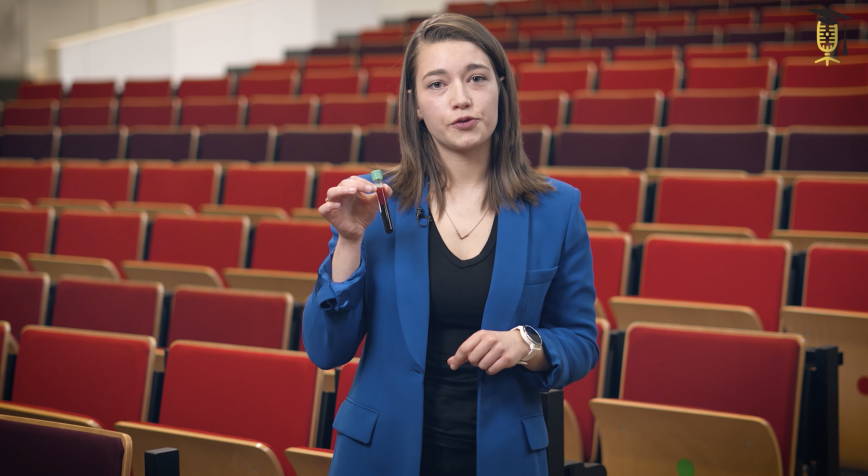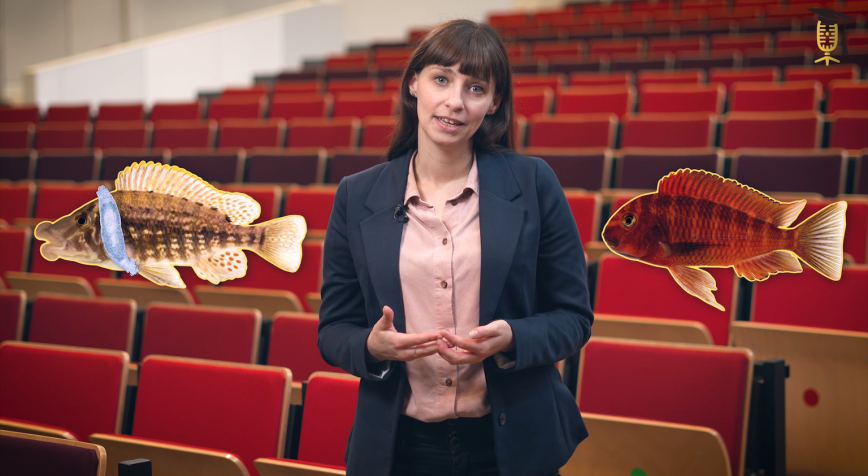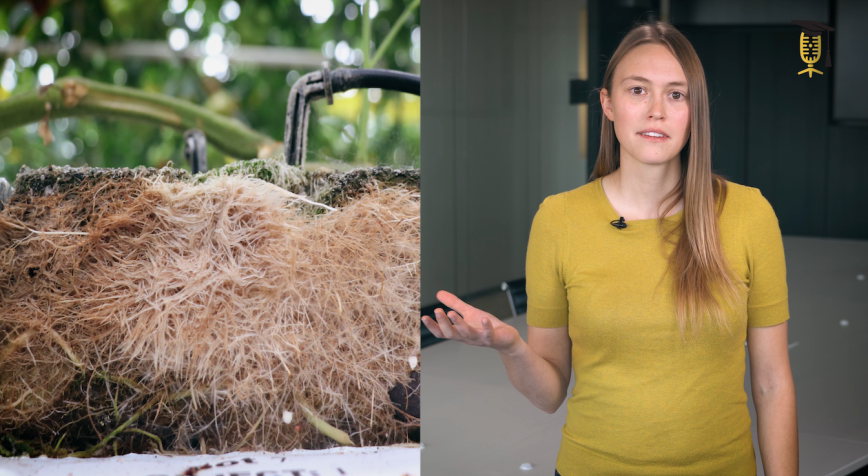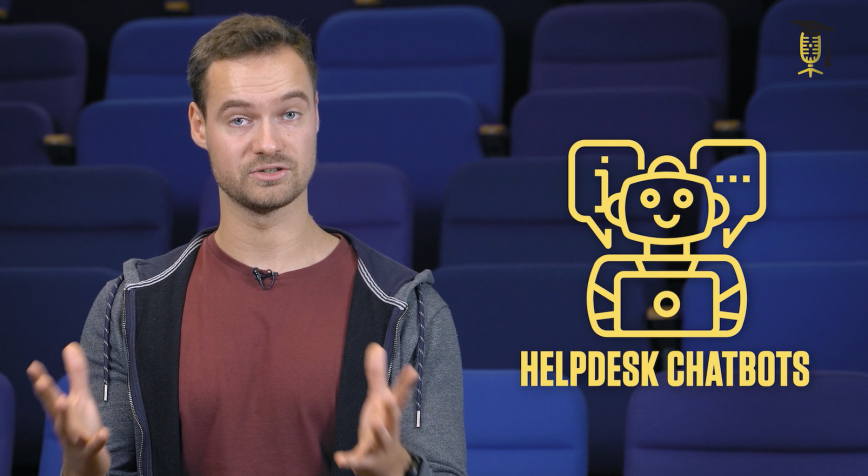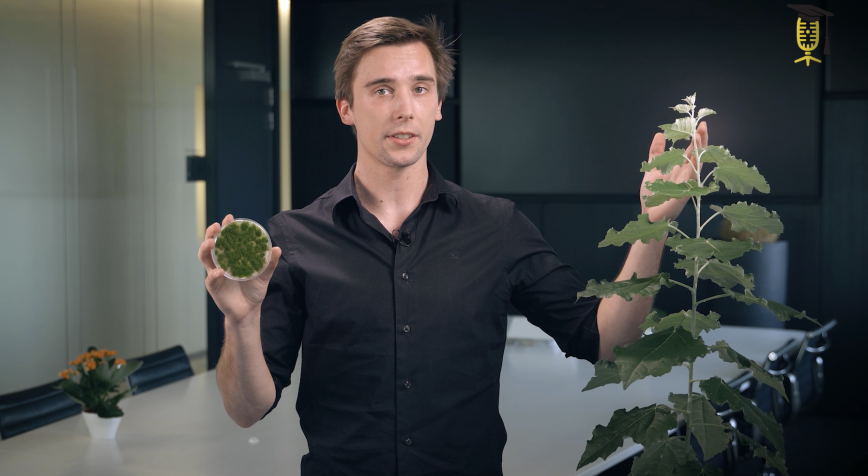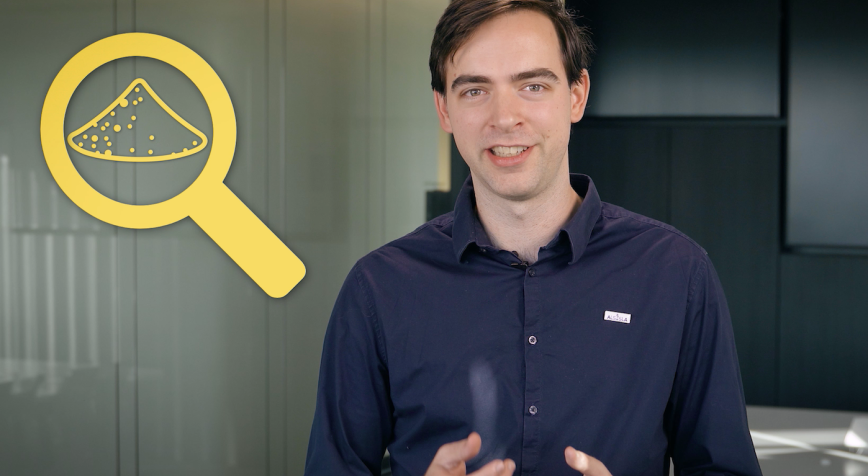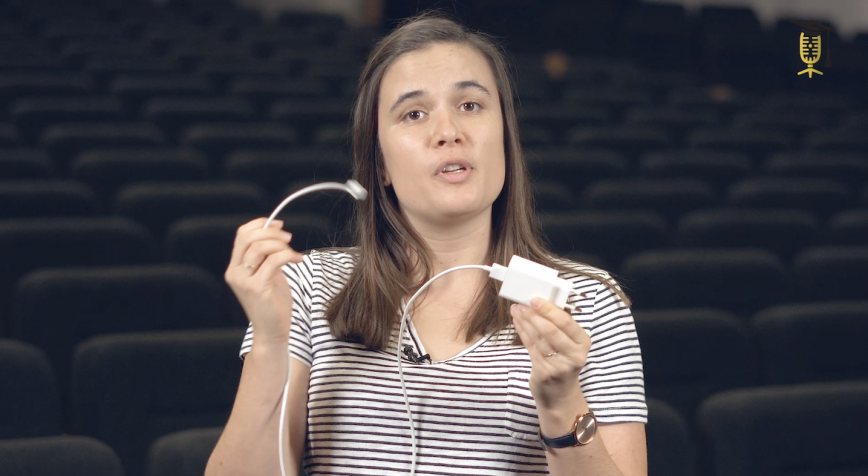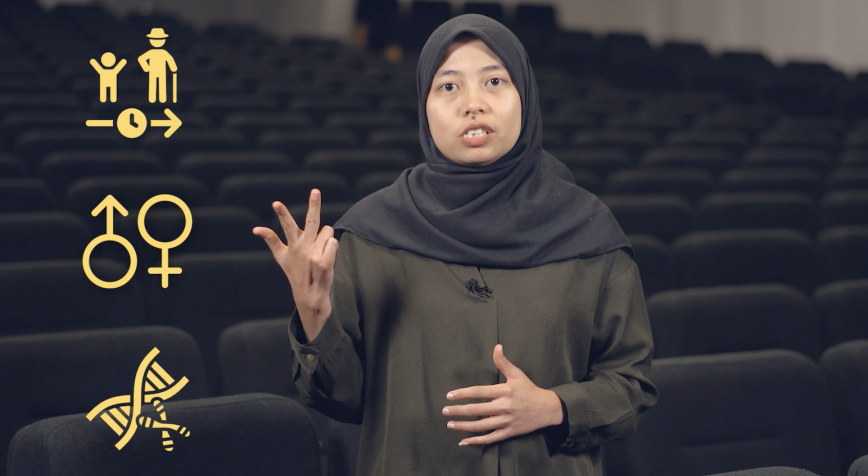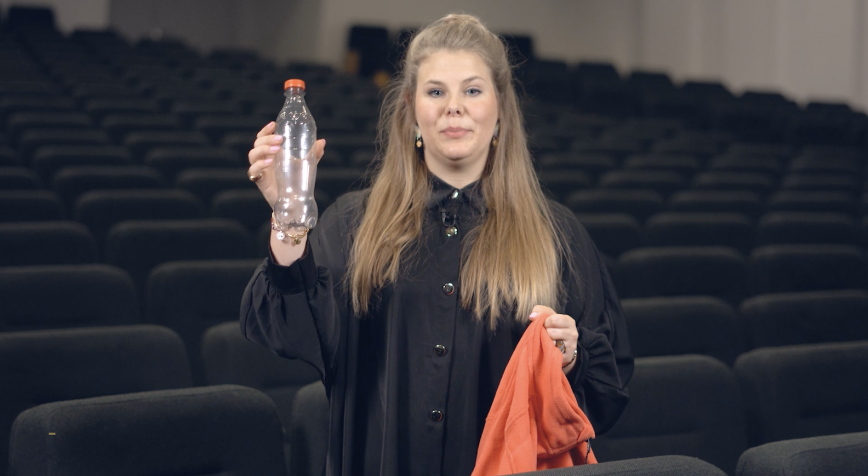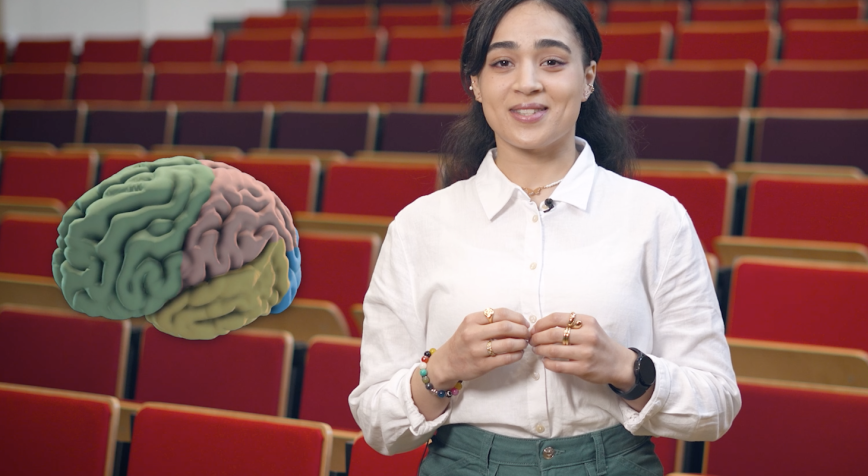
UHasselt
How tiny diamonds can help us study brain injury
Meet Sarra Zaghbouni. She unleashes nano-sized diamonds to decode the brain's secrets! 💎🧠 Teaming up with physicists, she's creating these tiny carbon heroes that sense and control temperature, allowing her to study how this affects the growth of neurons 🌡️ This research could help accelerate healing after brain injuries!
